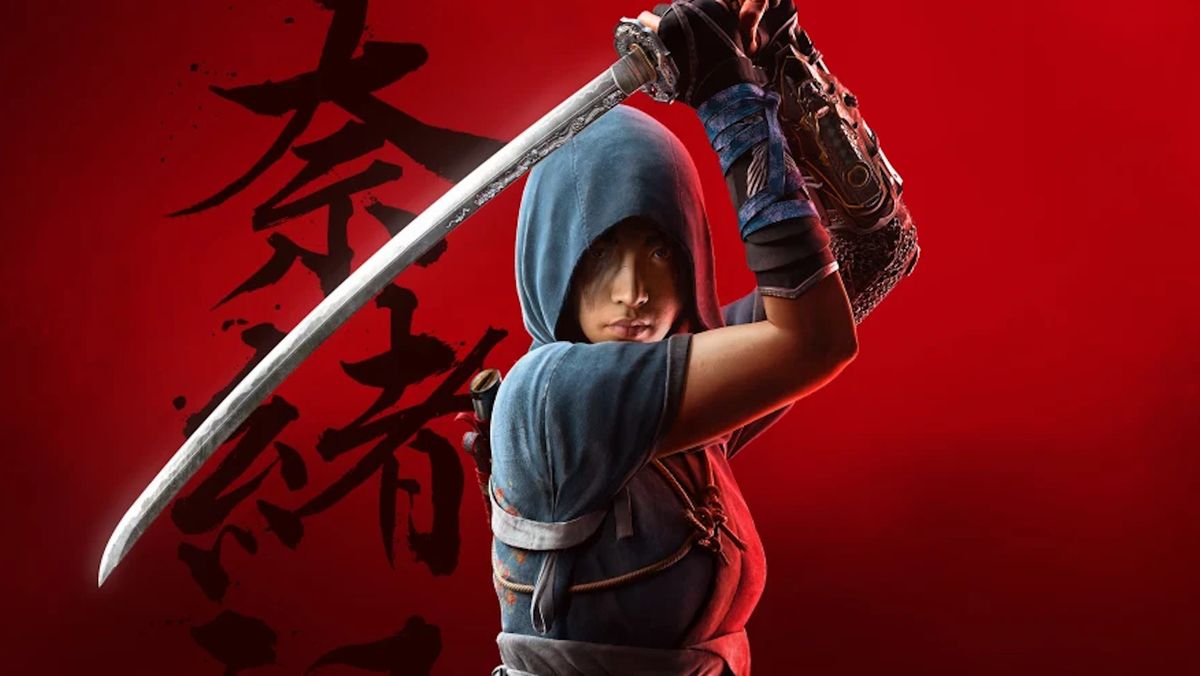The highly anticipated trailer for Ubisoft’s upcoming Assassin’s Creed Shadows has ignited a firestorm of debate within the gaming community. Set in feudal Japan, the trailer showcases a unique protagonist duo: a female shinobi and a samurai of African descent named Yasuke. However, the historical setting and character choices have sparked heated discussions about historical accuracy, representation, and potential pandering.

Discomfort Brews Over Historical Representation
Many fans expressed discomfort with the portrayal of a Black samurai in feudal Japan. While Yasuke, a historical figure who served under Oda Nobunaga in the 16th century, does exist, some argue that the focus on a non-Asian character detracts from the cultural authenticity of the game. Additionally, some players voiced concerns about the inclusion of a female shinobi, questioning the prevalence of female ninjas in historical Japan.
This debate highlights the ongoing tension between historical accuracy and creative license in video games. While some players crave a meticulously recreated historical experience, others advocate for more diverse representation within game narratives.
Community Divided: Dislikes Surge on Trailer
The Assassin’s Creed Shadows trailer has become a battleground for these opposing viewpoints. As of today, the trailer boasts over 7.4 million views on Ubisoft’s YouTube channel. However, the “dislike” count has skyrocketed to over 631,000, far exceeding the “like” count of 271,000. This ratio reflects the intense dissatisfaction felt by a significant portion of the fanbase.
Comments on the trailer showcase the division within the community. Some viewers express frustration, urging players to try “Ghost of Tsushima” if they crave a historical Japanese experience. Others mock the inclusion of a Black samurai, questioning its historical plausibility. Conversely, some fans defend Ubisoft’s creative choices, praising the inclusion of diverse characters and a fresh perspective on feudal Japan.
These contrasting viewpoints paint a picture of a community struggling to reconcile historical accuracy with the desire for more inclusive storytelling in video games.
A Conversation on Representation and Moving Forward
The Assassin’s Creed Shadows controversy is an opportunity for the gaming industry to engage in a crucial conversation about representation and historical accuracy. Here are some key takeaways:
- Balancing Accuracy and Creativity: Video games can strive for historical accuracy while also incorporating diverse characters and storylines. Finding this balance requires careful research and sensitivity to historical context.
- The Importance of Diverse Representation: The gaming community craves characters that reflect a wider range of cultures and ethnicities. Creating inclusive narratives allows players to see themselves better represented in the games they love.
- Open Communication with Fans: Ubisoft could benefit from fostering open communication with fans. Addressing concerns and offering insights into the creative process could help bridge the divide within the community.
Ultimately, the success of Assassin’s Creed Shadows will depend on its execution. A well-crafted narrative that respects historical context while incorporating diverse characters could silence the critics and win over the fanbase. However, a story that prioritizes forced representation over historical accuracy might further alienate the very audience it seeks to engage.
FAQs
Q: Why are some gamers upset about the Assassin’s Creed Shadows trailer?
A: Some players believe the inclusion of a Black samurai and a female shinobi detracts from the historical accuracy of the game set in feudal Japan.
Q: Is there a historical basis for a Black samurai?
A: Yes, Yasuke, a historical figure of African descent, did serve as a samurai under Oda Nobunaga in the 16th century.
Q: What are some concerns about female shinobi?
A: While the existence of female ninjas is debated by historians, some players question the prevalence of female shinobi depicted in the trailer.
Q: Does this controversy represent a larger issue in gaming?
A: Yes, the debate surrounding Assassin’s Creed Shadows highlights the ongoing tension between historical accuracy and the desire for more diverse representation in video games.




